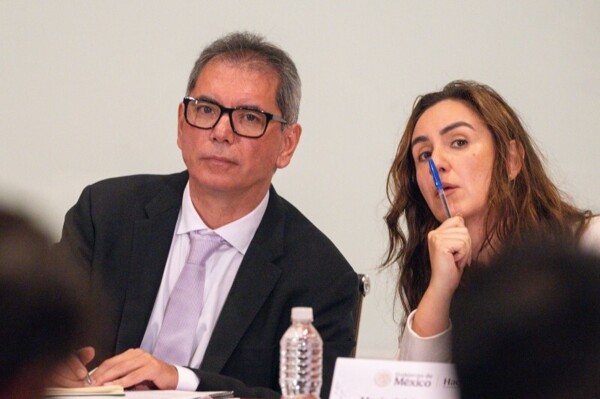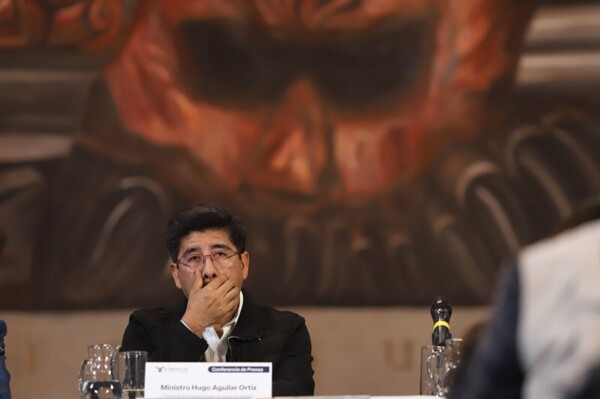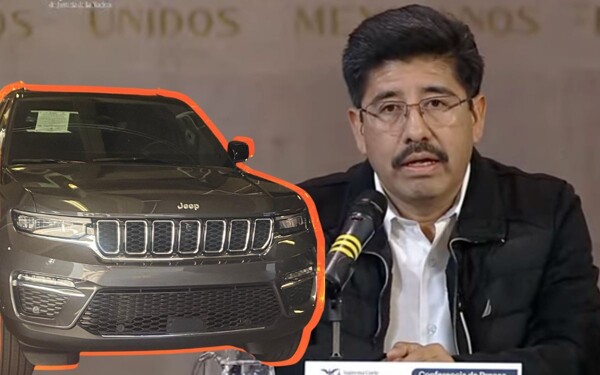
BBVA bank denied rumors that circulated on social media about alleged commission charges for making bank transfers. The rumors claimed that BBVA would charge up to 5 pesos for each electronic transfer made and 4.50 pesos for transactions to third-party accounts, i.e., to other banks. BBVA also urged users to check the current rates and reliable information on their official channels.
In the same publication, the bank shared a document detailing which transactions do incur charges and what those charges are. Regarding transfers to third-party accounts and credit cards, it was specified that the service is unlimited and free of charge.
According to the bank's statement, among the charges that are applied at BBVA are the issuance of a scheduled interbank payment order (transfer) which costs 3 pesos, the issuance of a same-day interbank payment order (SPEI) which costs 5 pesos, payment of TDC from another bank per event which costs 6 pesos, the request and activation of an electronic security device (token, e-Llave) for 250 pesos, and for the issuance of a same-day interbank payment order to abroad which costs 20 dollars.
It is important to mention that these commission amounts apply to the digital services of the BBVA app and from the website BBVA.mx.
Bank transfers are a common way to send money and make payments quickly, but it is necessary to be careful to comply with some rules set by the Tax Administration Service (SAT). Making a large deposit is considered an abnormal activity by the SAT. Banks are required to report electronic transfers when the amount is equal to or greater than 15 thousand pesos in a single day.
The only way to avoid problems with these operations is to keep the tax situation in order so that the transactions match the tax declarations as proof to the SAT that the taxpayer is complying with their tax obligations.














